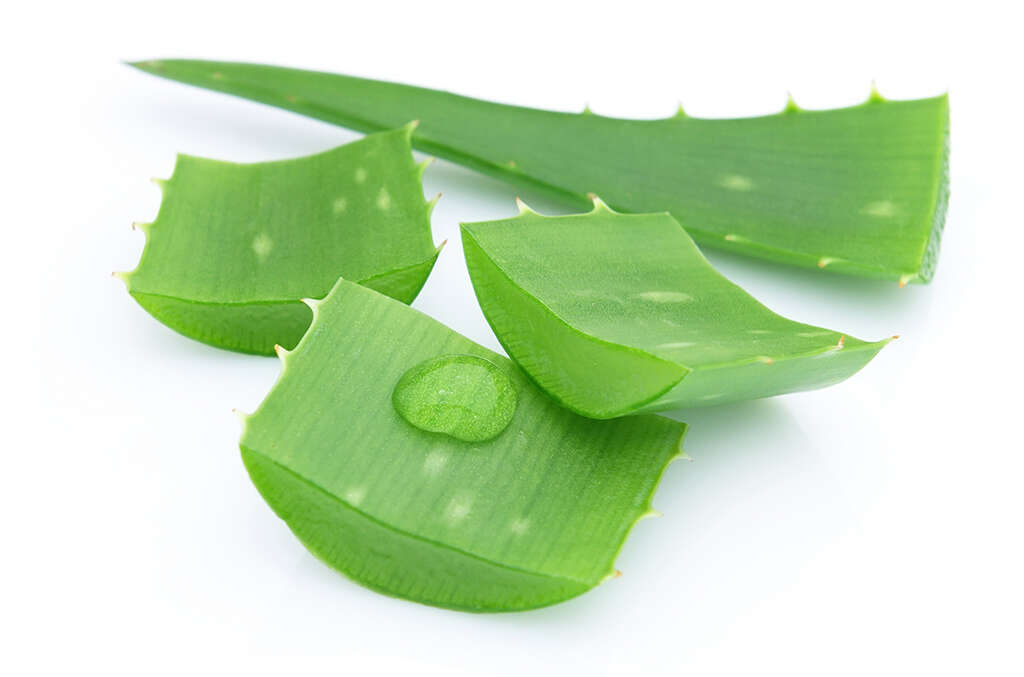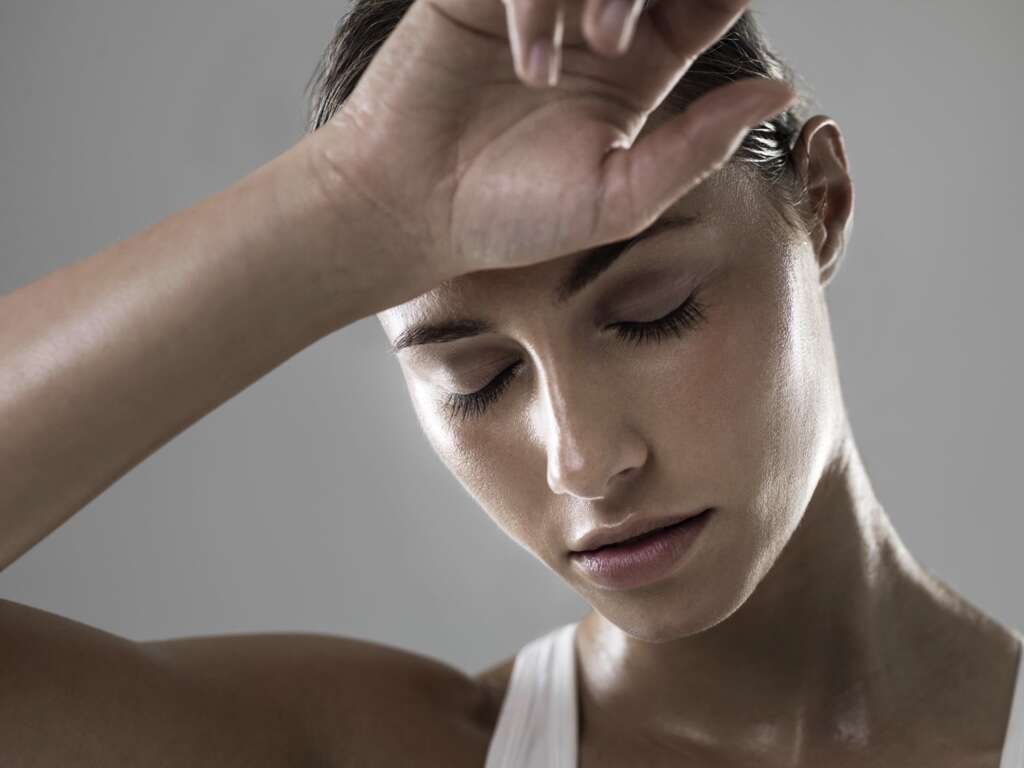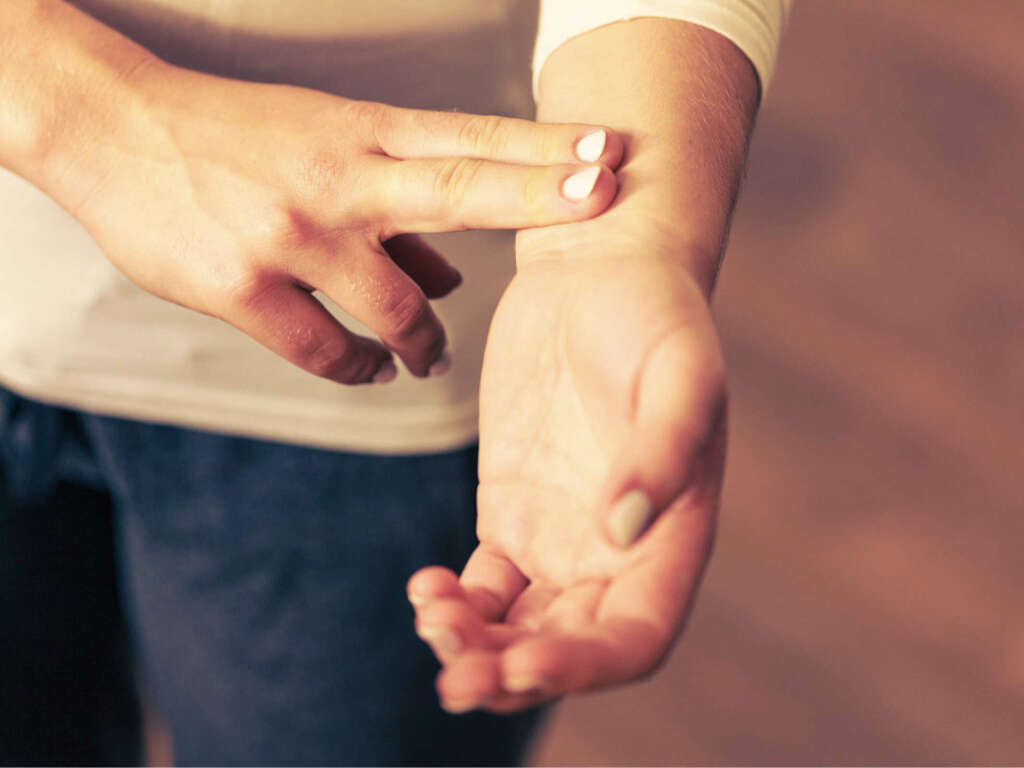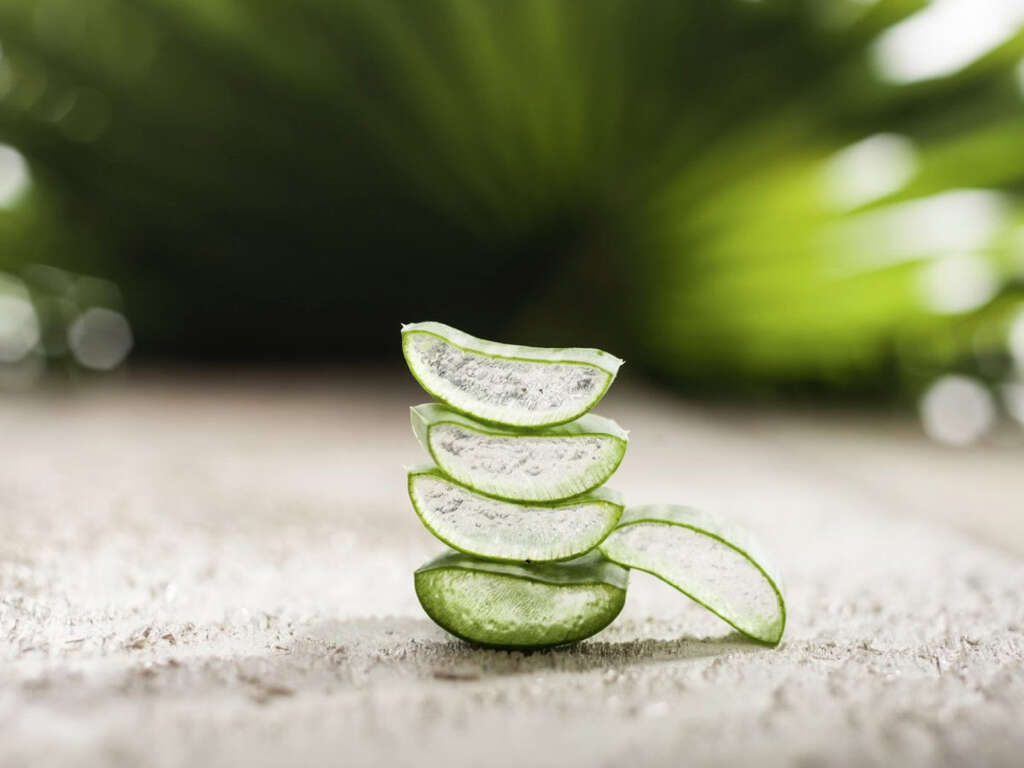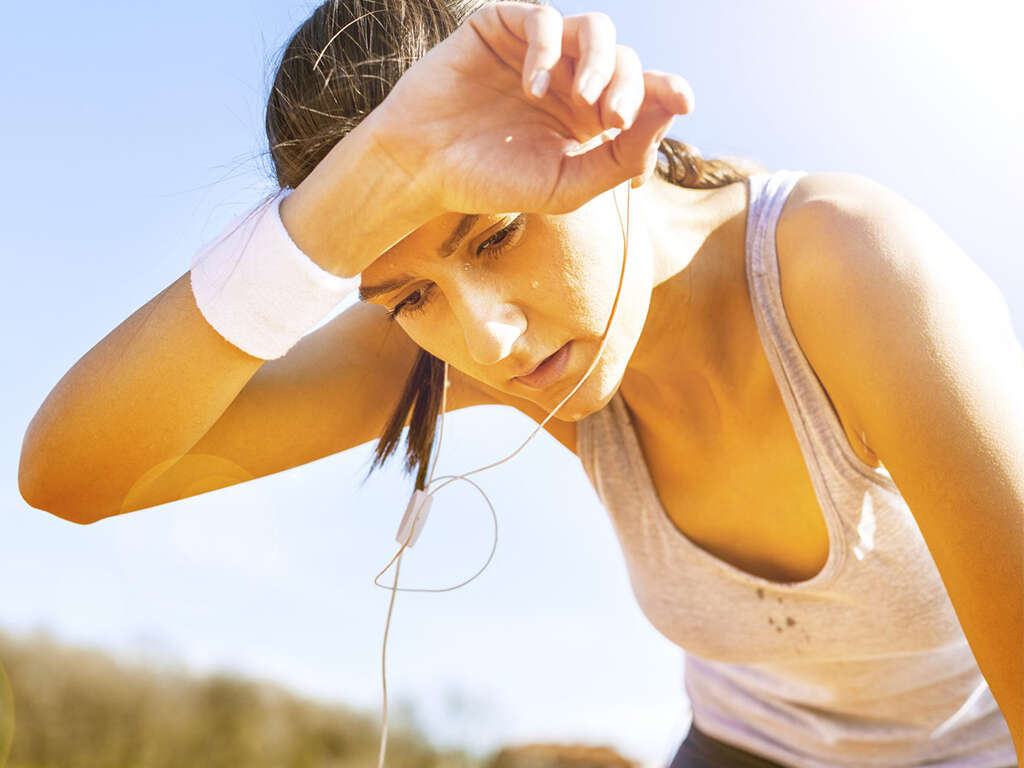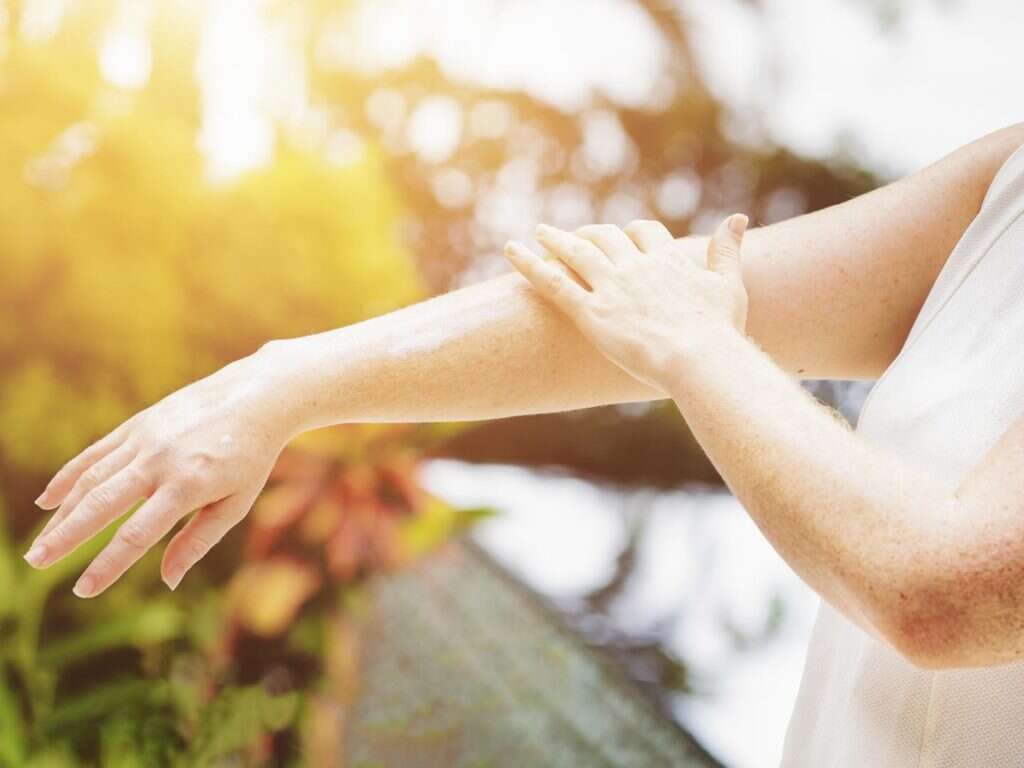10 Benefits of Aloe Vera
Aloe vera has been used for centuries and there has been some debate as to whom used the succulent first. Some sources date its use to the ancient Egyptians who were given the plant as a gift during funerals. Other sources date its use to ancient China who used the plant for healing wounds.
Aloe vera, typically purchased in a gel or lotion form, is a succulent plant from the genus Aloe. It grows abundantly in tropical climates and due to it being a succulent, the plant does not require much water, thus can grow with little maintenance. Aloe vera is usually used as a gooey thick liquid made from the flesh of the aloe vera plant leaf.
Aloe vera can be found in any local health food store or pharmacy. It is commonly used in the cosmetics industry and makes over 13 billion dollars in profit.
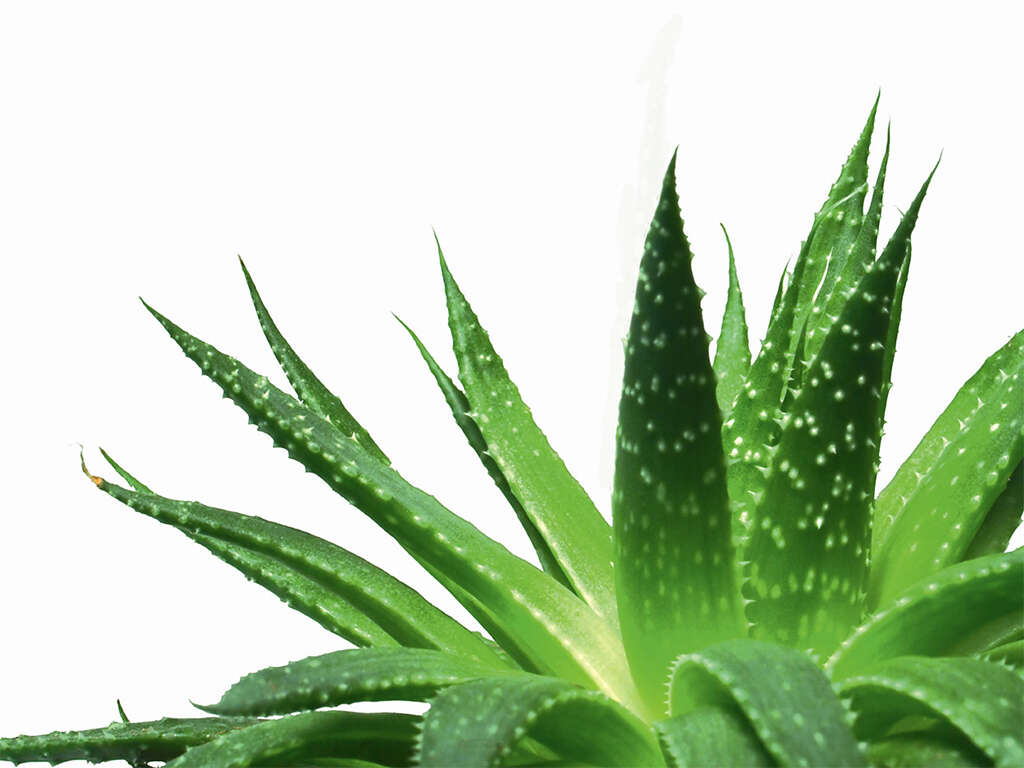
Benefit #1: Accelerates the Healing of Burns
One of the most ancient uses of aloe vera was as a cream to protect the skin from sun as well as a treatment for wounds and burns. Its use for these purposes is still commonly approved. In fact, in 1959, the FDA approved aloe vera ointment as an over-the-counter medication for skin burns. This action to do so was based upon studies that suggested the cream was effective against first- and second-degree burns.
In a review of the ointment as a wound healer, it was found that aloe vera could reduce the healing time of burns by 9 days in comparison to other medications.
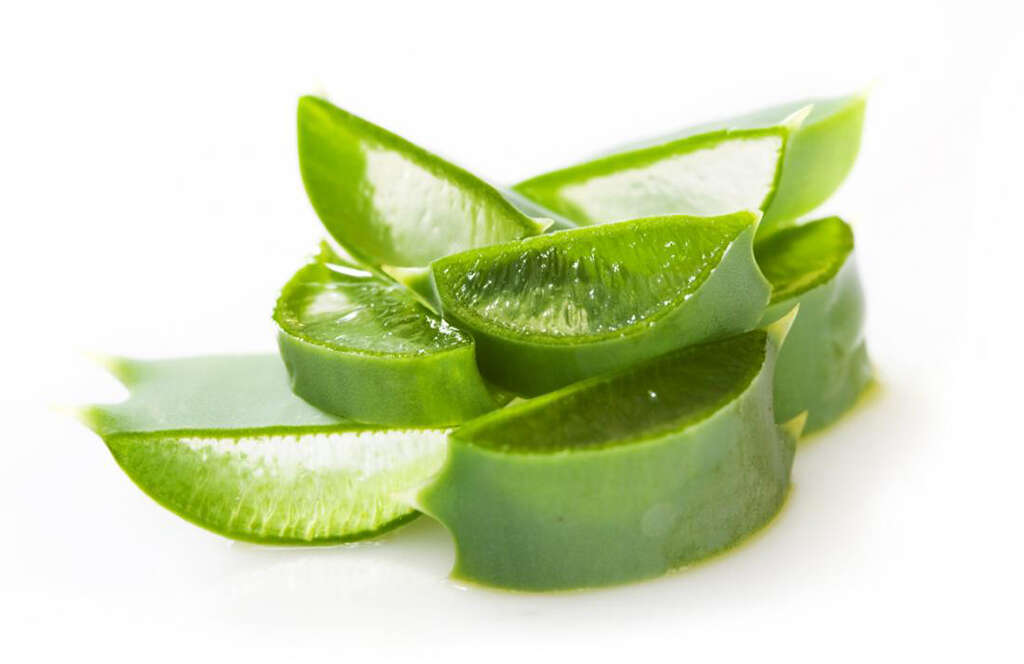
Benefit #2: Reduces Dental Plaque
Gum disease is very common amongst Americans. Once gum disease progresses to periodontal disease, it is often difficult or very costly to reverse the effects. The best way to avoid the effects of gum disease is to reduce the buildup of tartar and plaque on the teeth. Aloe vera pure juice has proven to reduce dental plaque when used as a mouthwash.
In one study of 300 healthy people, they were given 100% pure aloe vera juice. In comparison to the standard mouthwash agents, aloe vera was just as effective in reducing plaque. Similar findings have been reported in similar studies. It is believed aloe vera has bacteria killing capabilities.
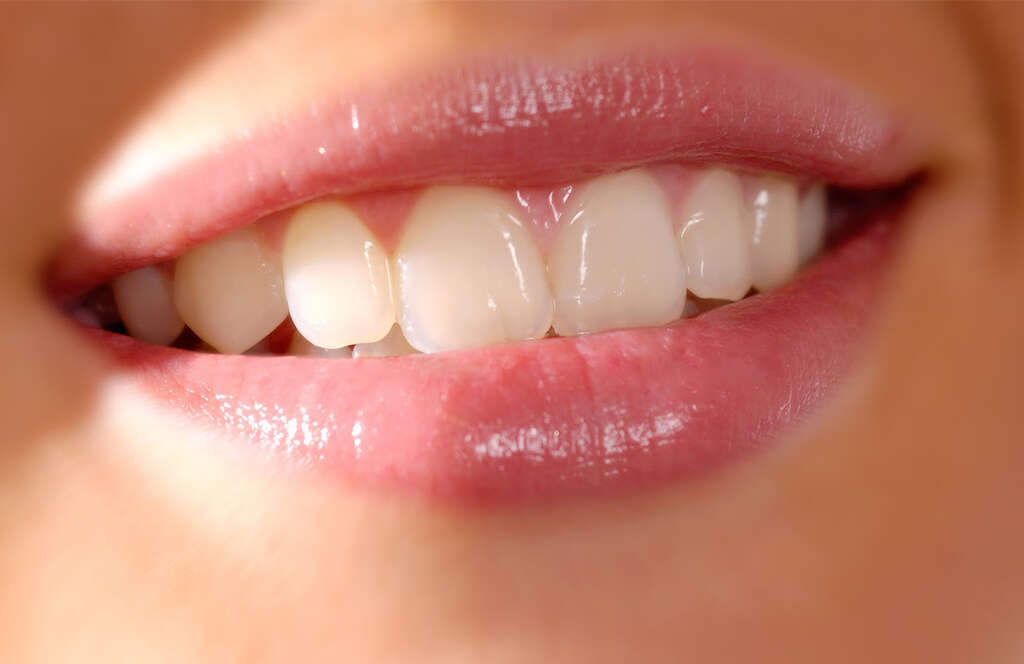
Benefit #3: Helps Treat Canker Sores
Canker sores are very unpleasant and painful. They form underneath the lip, inside the mouth, and can last for about 7–10 days. They are experienced by more than half of the population and can begin appearing in adolescence.
Studies have shown that aloe vera can speed up the healing process of those pesky canker sores. In a 7-day study with 180 people, the participants rubbed aloe vera on the affected area and the reduction of the sore was significant. In addition, participants also reported that the ointment reduced the pain that was associated with the canker sore. Thus, if you have a canker sore and do not have access to medication, try reaching for some aloe vera gel as it may really help the sore.

Benefit #4: Reduces Constipation
No one likes to admit they have suffered from constipation. If you have ever had less than three bowel movements in a week or experienced hard lump stools that were very difficult to pass, chances are you have experienced constipation. Aloe vera has been used to treat constipation.
Aloe latex, which is a yellowish fluid derived from the inner lining of the leaves, has been used to treat constipation. The key compound in the aloe latex, is a compound called aloin. Aloin has well known laxative benefits. It is not best to use too often as overuse of a laxative can strip you of vital nutrients, thus frequent use is not recommended.
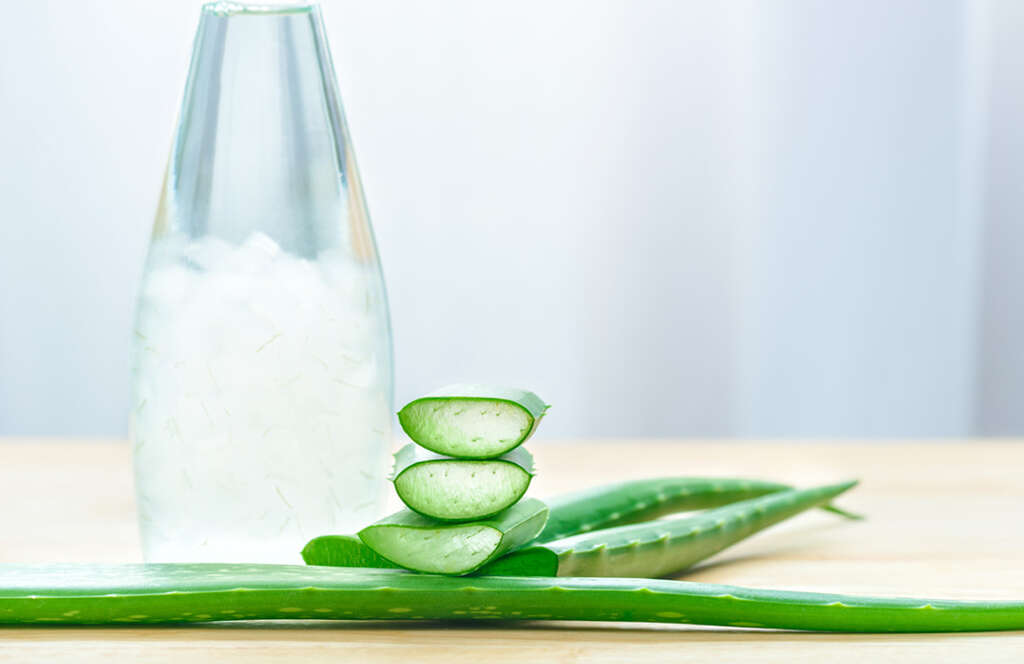
Benefit #5: Improves Skin and Prevents Wrinkles
Recent studies have linked aloe vera gel to slowing the aging of skin. In one study, 30 women over the age of 45 were given aloe vera gel. After 90 days of use, it was shown that participants saw an increase in collagen production and improved skin elasticity.
In another study, they found aloe vera to reduce skin redness. In this study, the aloe gel was applied to the forearms of women, and the redness was most likely reduced due to the polysaccharides in the gel that have anti-inflammation effects. The downside of the gel was that it had dehydrating effects, meaning use of the gel can dehydrate the skin.
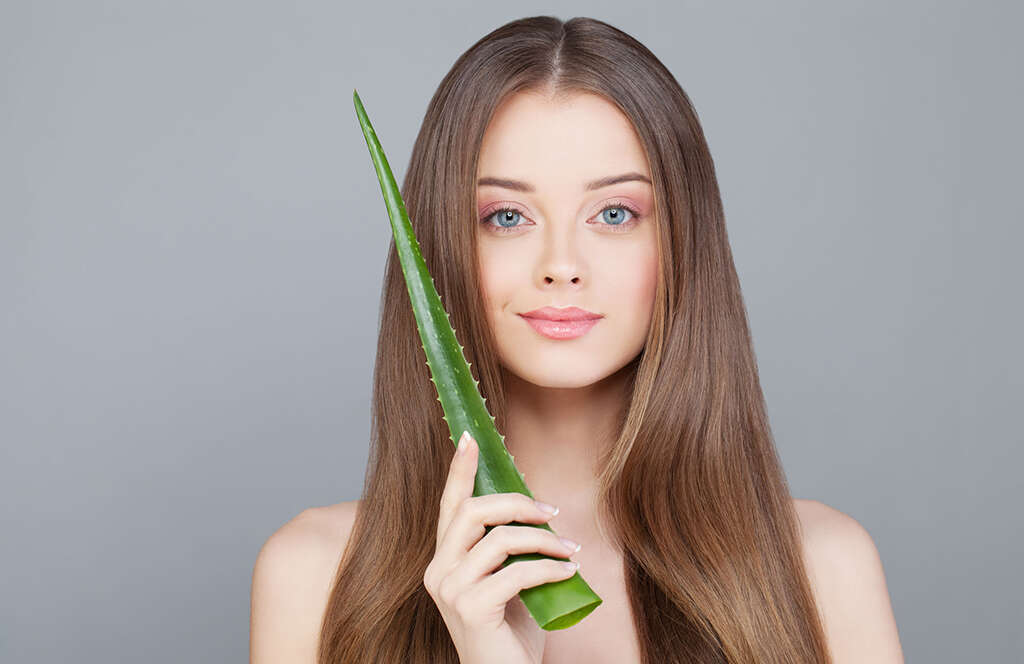
Benefit #6: Lowers Blood Sugar Levels
Diabetes is one of the most common chronic diseases. Its prevalence in the United States is daunting and its prevalence is even growing in underdeveloped countries as well. In the past, aloe vera has been used as a traditional natural remedy for diabetes; however, very little research was done to see if it had a significant effect. Recently, researchers have begun to study the plant and its effect on insulin sensitivity.
Several animal and human studies in Type 2 diabetics have found results in consuming aloe vera extract. These results are premature for now; however, researchers believe further inquiry on the topic will lead to promising results. In addition, talking to your doctor about using aloe vera is also recommended as some studies have linked overconsumption of aloe vera to liver damage.
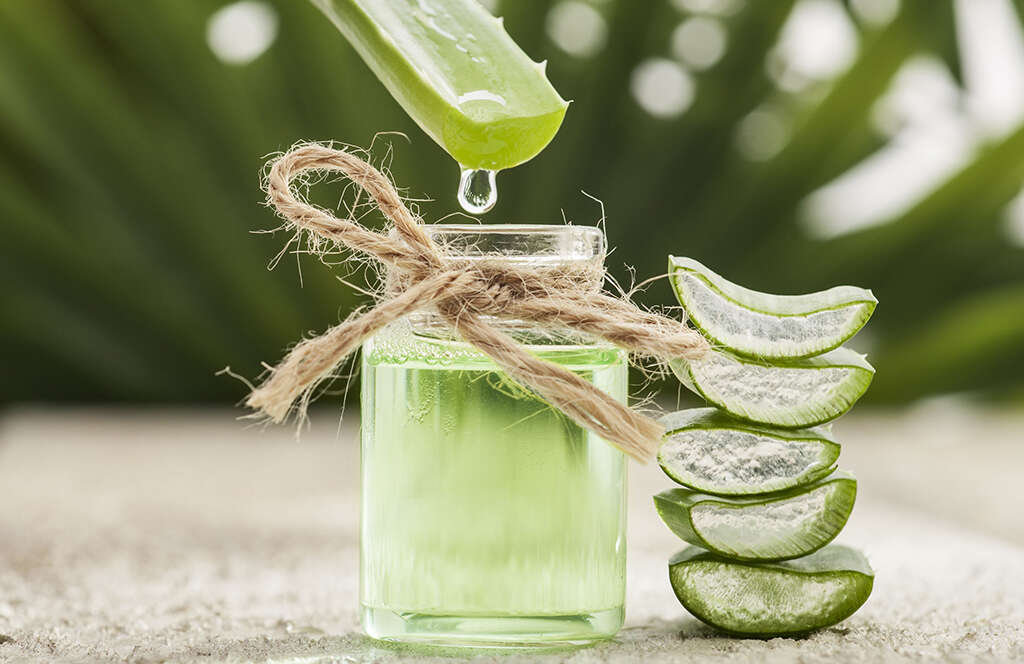
Benefit #7: Keeps Food Fresh
Most people do not eat enough fruits and vegetables. For some, fruits and vegetables are too expensive to buy on a weekly basis and thus they aim to buy staple foods that will last a long time. In addition, fresh fruit and vegetables often have a short shelf life, which can be very difficult for people who are already having trouble buying them in the first place. If you struggle with rotting food, aloe vera gel can be used to keep foods fresher longer.
In a 2014 study by Cambridge University, tomatoes were coated with aloe vera gel. They found that tomatoes coated with the gel lasted longer than the noncoated tomatoes. This is because the aloe vera gel kills harmful bacteria.

Benefit #8: Prevents and Lessens Hair Loss
Hair loss is not fun. However, it is very common and affects both men and women. It is most common in men who are 40 years or above because the scalp loses its ability to hold onto hair.
In historical contexts, aloe vera has been used as a hair loss treatment. Today, aloe vera is also used in many hair products. In 2010, a study was published in the International Journal of Pharmacology, which supports the ideal of aloe vera gel helping with hair loss. In their study, participants rubbed the gel on their skin and, after just 5 days, test subjects began to see signs of regrowth. Thus, if you are beginning to see signs of hair loss, rubbing aloe vera on the affected spot could help.
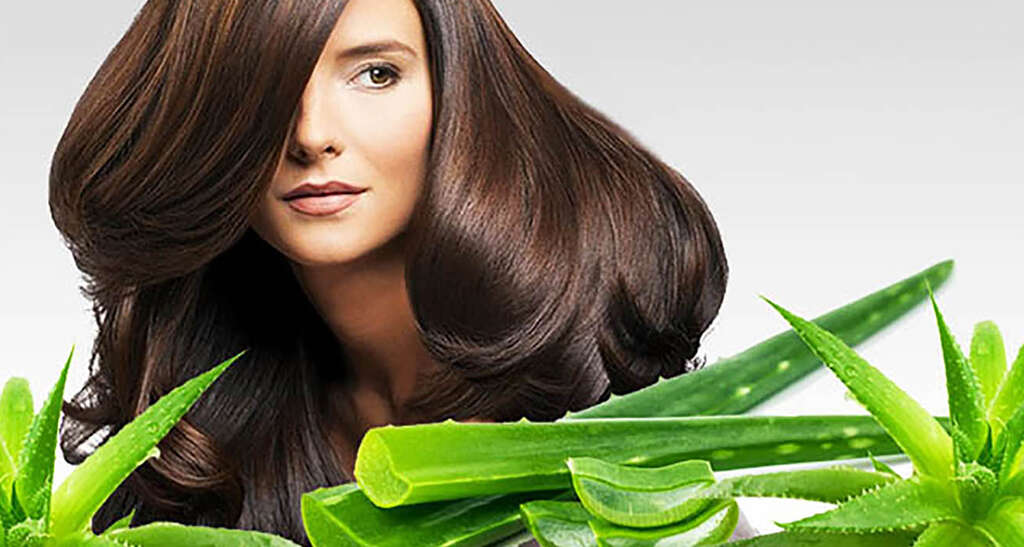
Benefit #9: Prevents Acne
There are numerous beauty benefits of aloe vera. That is why aloe vera is used as an active ingredient in moisturizers, facial washes, lotions, and soaps. This is because of aloe vera’s moisturizing and curative properties. Aloe vera is so powerful when it comes to beautifying the complexion that even the Egyptian Queen Cleopatra is believed to have used aloe vera as part of her daily beauty regime.
Aloe vera prevents acne in different ways. One is its antibacterial properties, which prevent bacteria from infecting the pores. The other is its astringent property that removes dirt and oil from the skin. If you do have acne, aloe vera can help your skin regenerate better to avoid scars.
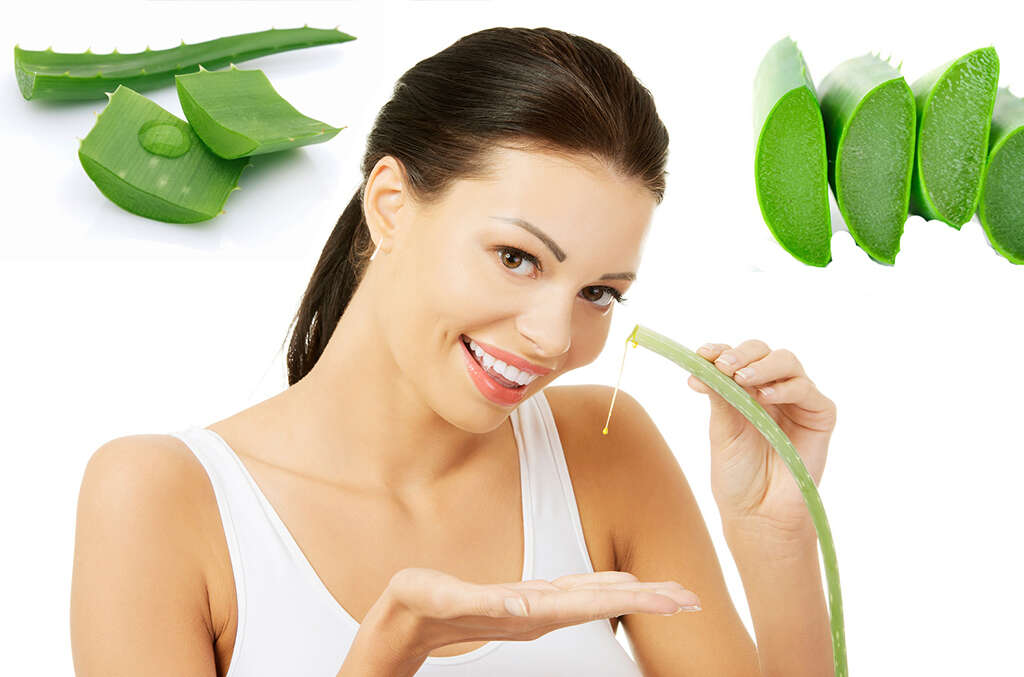
Benefit #10: Eases Gastric Cancer Symptoms
Gastric cancer affects the stomach. Because of its location, gastric cancer is something that affects daily digestion. This cancer originates when there are rapidly growing cancer cells in the stomach lining. Often, this cancer growth occurs rapidly and aggressively.
One of the numerous symptoms of cancer is a lack of appetite, fatigue, and migraines. The symptoms of gastric cancer can be lack of appetite, pain (only when undiagnosed for a long time), and feeling bloated and full. Interestingly, treatment options for gastric cancer include aloe vera for its powerful cytotoxic properties. Aloe vera, as you already know, is a powerful and anti-carcinogenic compound. Its use can help with appetite, ease headaches, and help with fatigue.
